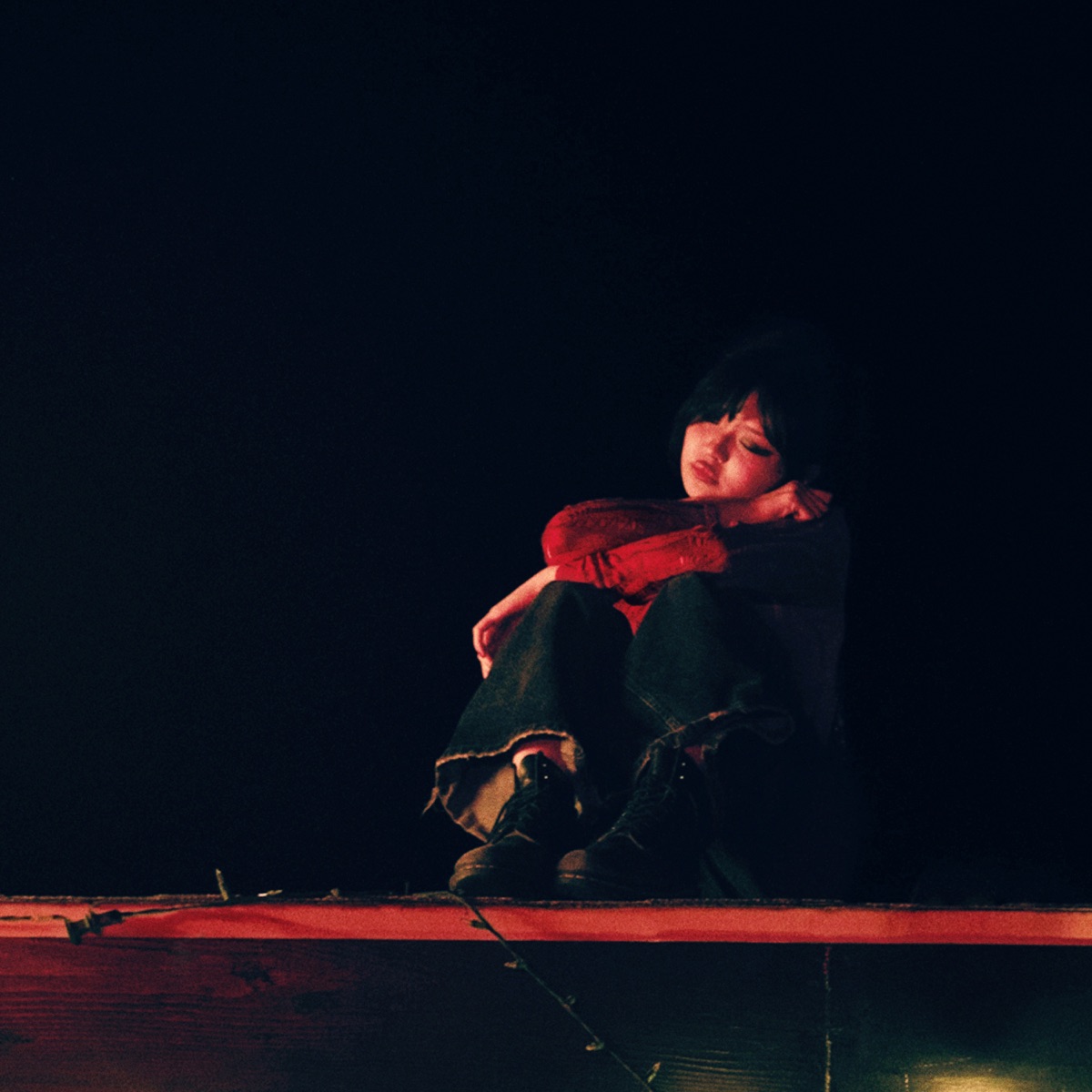Singer and songwriter Lyn Lapid released her debut studio album, “BUZZKILL,” on April 25, 2025. Originally going viral on TikTok for her ukulele covers, Lapid’s music has since evolved into original songs exploring her personal life through a blend of indie, R&B and pop. At its core, the 12 tracks on “BUZZKILL” reflect the complexities of Lapid’s move from Baltimore to Los Angeles and the new, relatable feelings of loneliness associated with transitions.
Set against an ironically upbeat rhythm, the first track of the album, “buzzkill,” dives into feelings of self-isolation and doubt. Paired with a music video, Lapid describes a party where everyone is having fun, yet she feels like the odd one out, or a buzzkill. Her pretense of normalcy is cleverly reflected in the cheerful background music, but her lyrics show the truth: that she is overwhelmed by the feeling of not fitting in.
“The people around are a decibel too loud / They’re falling in love and all getting drunk / Guess I’m in the wrong crowd / Maybe I’m tired or maybe it’s fear / If it’s up to me, then I would be / Anywhere but here,” Lapid sings.
Inspired by the animated horror movie “Coraline,” Lapid’s second track of the same name explores similar motifs of isolation. The heavy bass and visuals from its music video give “coraline” an eerie, hopeless edge while Lapid sings about feeling stuck in a cycle of the same situations she puts herself into, always hoping for a different outcome. She feels like Coraline, the main character from the movie, as she is ignored and slips into a surreal, dreamlike place and cannot find anywhere that feels like home.
“So I’m sipping my cup, sick of thinking straight / ‘Cause I’m a sitting duck in a pit of snakes / I’m in the Twilight Zone and there ain’t no slipping away,” Lapid sings.
In “i’ll be happy when,” Lapid starts by claiming that she will feel happy when LA starts to feel like her home, but her goals keep multiplying. She shares a frustrating, never ending cycle of chasing happiness that ends in dissatisfaction. The soft piano beats and dreamy, almost dissociative voice sends the message that she is losing herself.
“But what if it’s all too late? / What if I’m bound to break? / Cause what if there’s nowhere to escape? / Once the high starts to fade, fade / I start to fade, fade,” Lapid sings.
Lapid shows further vulnerability with her listeners in “floater friend,” where she feels like the friend who never belongs in a group, even though she longs to. She has to constantly float around from circle to circle but is never actually chosen by one. This track is slower, with soft guitar and a slightly distant voice, giving the impression that she feels invisible.
“You call yourself the sun / I’d do my best to be the moon / I want to be inked in / I’ll settle for being written in chalk / I’m there ’cause it’s easy / I know where I stand,” Lapid sings.
Lapid’s last two songs, “take me as I am” and “it doesn’t kill me anymore,” mark a shift in her thinking. In “take me as I am,” she is finally done trying to please everyone and realizes that she is enough. She explains how she thought she had to be perfect for everyone around her, but in reality, her real friends would stick around her true self. The uplifting, happy beat of the song represents her self-acceptance and emotional turning point.
“Got me under safekeepin’ for those who can grow to love all of my pieces / I’m not gonna settle to be tolerated or put on a shelf for decoration / And I know that it means that my circle gets smaller, but it don’t mean I have less left to offer / And those that are right will just stick around longer,” Lapid sings.
Ending her new album with “it doesn’t kill me anymore,” Lapid solidifies the internal changes she mentions in “take me as I am.” She reflects on her old pain and heartbreak but realizes that they no longer define her. Lapid uses a serene voice and calm instrumentals to represent the feeling of moving on.
“And I wish you well / And you hope the same thing / Leaving each other be / And it used to eat me alive / But it doesn’t kill me anymore / It doesn’t hold my heart for ransom like it did before,” Lapid sings.
“BUZZKILL” is an emotionally honest narrative about feeling out of place and constantly chasing the future, something that many listeners may relate to in times of transition and change. Every track shares a vulnerable moment in Lapid’s journey of growth as she struggles with identity, changes and self-doubt. Her lyrics and music match the emotion behind every song, effectively capturing the highs and lows of moving to a new city and finding where she belongs.


